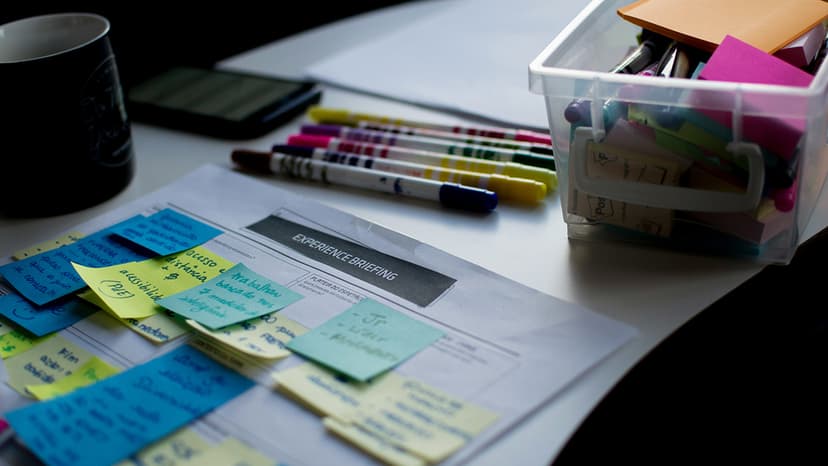A Perfect Palette: Crafting Your Website's Makeover
Redesigning a website involves careful planning and execution. It is essential to ensure that your online presence reflects your brand effectively.
Your website acts as a digital storefront. It should feature fresh content, an inviting layout, and intuitive navigation to help customers find what they need easily. A successful redesign can accomplish these goals.
The Brushstrokes of Strategy
What is the purpose of your website's redesign? Are you aiming to boost conversions, enhance user experience, or outperform competitors? Establish clear objectives to steer your redesign efforts. Each decision should serve a specific purpose.
Understanding your audience is also critical. Create user personas to tailor your redesign according to the needs and preferences of your core audience segments.
The Foundation: Preparation and Data Collection
Preparation is the groundwork for any redesign. Start by collecting actionable data. Analyze your current site's performance metrics to identify strengths and weaknesses. Tools like Google Analytics provide insights into user behavior, page visit duration, and conversion rates.
Also, observe your competitors. Learn what they do well and where they fall short. Conduct a competitive analysis to ensure your redesigned site can compete effectively in the industry.
The Sketch: Design and Planning
Next, outline your vision. Create a sitemap that defines your site's structure. This blueprint is essential before diving into detailed work.
Wireframes come next, offering basic versions of each page. This allows for creativity in layout design without visual elements. It’s a crucial stage that influences the final outcome.
The Color Palette: Visual and UI Design
Choose a compelling visual style. Your website must not only look appealing but also convey your brand identity. Select colors, fonts, and imagery that work together to narrate your brand story.
Pay attention to user interface design. Ensure the interface is intuitive and seamless. Every element, from buttons to transitions, must feel natural for users.
The Sculpture: Development
With your design finalized, developers can step in to bring your sketches to life. They will use HTML, CSS, JavaScript, and other languages to create an interactive digital platform.
Responsive design is vital. Your site should operate flawlessly on desktops, tablets, and mobile devices. Users expect consistency across devices, and meeting these expectations is crucial.
The Exhibition: Testing and Launch
Thoroughly test your website before launch. Check for broken links, loading times, and compatibility with various browsers and devices. Gather beta testers to provide feedback and make necessary adjustments to ensure optimal performance.
Once everything is finalized and approved, you are ready to launch. Introduce your redesigned website to the public with confidence.
Maintenance and Feedback
Websites are dynamic entities requiring ongoing care. After launch, monitor your site's performance and pay attention to visitor feedback. Collecting user input post-launch ensures your redesign meets expectations.
Make necessary updates and adjustments. Regularly evaluate your site and apply refinements to keep it engaging and effective.
Treat your website redesign as an ongoing journey. Continuous improvement will enhance your online presence and attract more visitors.












